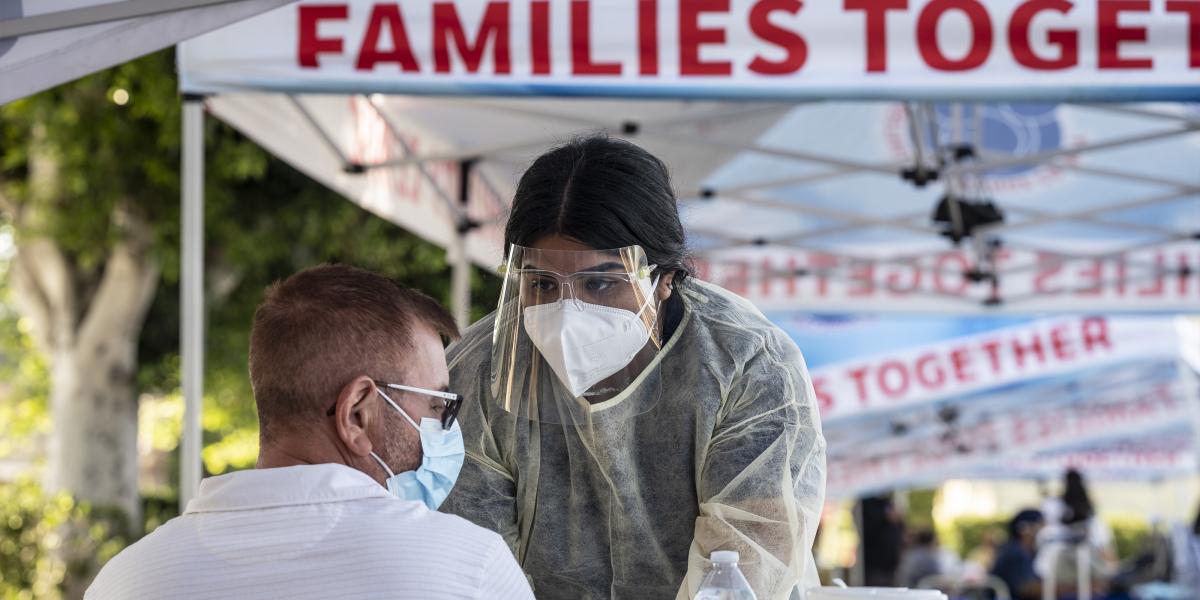Post-Election Public Health Needs to Keep On Keeping On
Public health values and respect for human rights will continue to guide us as we partner with diverse communities.
The more I think about the election, the more I feel that we are facing today many of the same challenges of mistrust and distrust for public health as before.
As a discipline, we still need to come to terms with the challenges and failures we experienced in response to the COVID pandemic, from attacks on women’s reproductive health, the ongoing opioid epidemic, and often stark racial and ethnic health disparities.
As we take stock, I think it’s important to recognize that public health has been most successful when it is approached as a social movement as much as a science.
Jonathan Mann, who led the first global program on HIV at WHO, was a champion for examining public health through the lens of human rights. But he knew that this approach would challenge many people—both within public health and outside of it. Over the last decades, the right to health has been increasingly incorporated into public health schools and into research, but it is still a radical approach, demanding that we recognize the dignity of individuals, and that we partner with communities.
Mann spoke, too, about how as a field we spend too much time on p-values and not enough time on values. I think it’s important to continue to reflect on that, and how well we balance solutions of science with solutions of social reform, and how we engage productively in policy and build trust in the diverse communities we serve.
I am a strong believer that public health professionals, and researchers, should be grounded in an understanding of history. The historian Daniel Goldberg a decade ago wrote that “politics cannot be separated from public health policy any more than values can be excised from human endeavors.” The politicization of public health is as old as the field itself and as new as the latest pandemic, with consequences good and bad.
Public health has been most successful when it is approached as a social movement as much as a science.
But most importantly, at this critical moment, I am happy to be surrounded by my colleagues at the Center for Public Health and Human Rights and within the Bloomberg School as a whole, to work together to advance understanding of the links between health and human rights, and to address pressing public health challenges in often marginalized and disadvantaged communities in the U.S. and globally.
The challenges we face are not wholly unprecedented: South Africa was led by a President and Health Minister who were AIDS denialists but were confronted by activists and courts that demanded evidence- and rights-based responses be implemented. Russia and former Soviet states have blocked methadone therapy for people who use drugs, while in many southeast Asian countries, as well as China, people who use drugs were subject to forced labor and exercise to “sweat out the toxins” of drug use.
We have confronted other false claims: Smoking does not cause cancer. Guns are not a leading cause of death for children. Climate change is fake news. Lead paint isn’t that harmful. One lesson is that we can win these fights, but never completely. New claims emerge and old ones re-emerge.
Denialists are driven by a range of motivations. It may be greed, faith, or fear. The antidote is the kind of work happening at the Center—research, partnership, advocacy—grounded in human rights, responding to critical public health issues, and building a movement for the short-term battles and long-term changes that are needed to promote public health.
